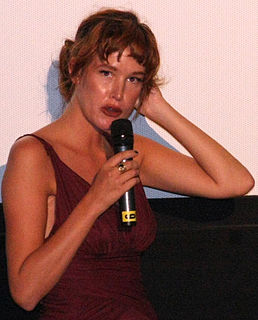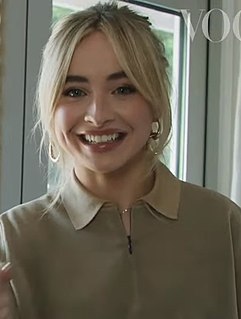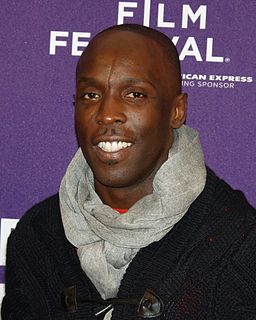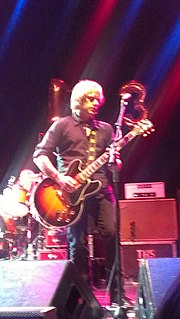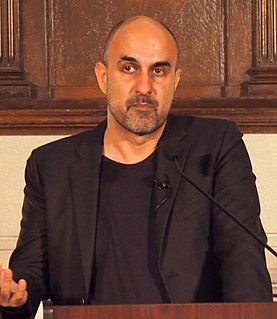A Quote by Mark Bradford
That's how I make work. Along the way, I take notes, I read about history and popular culture. Sometimes I act out things in the studio. I go back to my mother's hair salon so I can hear three voices going all at once. I pull inspiration from everything.
Related Quotes
I really do think inspiration comes from day-to-day life. I think there's things that pique our interest - not necessarily aha! moments - but things that just kinda make you raise your eyebrows. And those are often the moments that are the seeds of inspiration. Sometimes they're in a great conversation with friends, sometimes they're things you see live, something you read, a movie trailer you watch... I think inspiration is kind of laid out there. One thing we have to practice is recognizing when it happens, and recording that moment so we can come back to it.
In terms of getting people to experiment more and take more risk, there are at least three things that immediately come to my mind. Number one, of course, is role-modeling it yourself. Number two is when people take intelligent, smart risks and yet it doesn't work out, not shooting them. And number three, being honest with yourself. If the culture you have is radically different from an experiment and take-risk culture, then you have a big change you going to have to make—and no little gimmicks are going to do it for you.
The best way is to read it all every day from the start, correcting as you go along, then go on from where you stopped the day before. When it gets so long that you can't do this every day read back two or three chapters each day; then each week read it all from the start. That's how you make it all of one piece.
It's weird, sometimes I still see myself as just starting out. I tend to forget how much I've been doing, but in the beginning it is about the hustle, being out there and doing the work. Nothing is going to come to you, you have to get out there and do the work, and I've been doing that. But sometimes it's good to take a break and let these things air out. Reflect and take it in.
A fellow must know where he wants to go, if he is going to get anywhere. It is so easy just to drift along. Some people go through school as if they thought they were doing their families a favor. On a job, they work along in a humdrum way, interested only in their salary check. They don't have a goal. When anyone crosses them up, they take their marbles and walk out. The people who go places and do things make the most of every situation. They are ready for the next thing that comes along on the road to their goal. They know what they want and are willing to go an extra mile.
It's possible to think of photography as an act of editing, a matter of where you put your rectangle pull it out or take it away. Sometimes people ask me about films, cameras and development times in order to find out how to do landscape photography. The first thing I do in landscape photography is go out there and talk to the land - form a relationship, ask permission, it's not about going out there like some paparazzi with a Leica and snapping a few pictures, before running off to print them.
We don't think about how the songs are going to translate so much during the writing process. Once the song is recorded, and once we're mixing, that's when it occurs to me. Then you start rehearsing to play shows. I never concern myself about how we're going to pull it off live, because I know we'll figure out a way to do it.
You can choose, you can go one of two ways. You can be the person I probably admire more and say 'well I don't care and I'll continue not to bother to brush my hair.' Or you can be a weak-willed person like me and think 'oh I'd better get my act together. And maybe my mother was right and I do need to put my hair back and tidy myself up a bit.' So I did tidy myself up a bit. But I do often resent the amount of time that it takes to pull yourself together to go on TV, I really do. If I sound bitter, then that accurately reflects how I feel about the subject.
I realized I had a novel on my hands, but didn't know where it was going to go. So I thought, 'I'm going to do everything that you're not supposed to do when you plan a novel; I'm going to step back and let this thing take itself wherever it wants to go, and I'm not going to worry about how things connect until later on.'
I realized I had a novel on my hands, but didn't know where it was going to go. So I thought, 'I'm going to do everything that you're not supposed to do when you plan a novel; I'm going to step back and let this thing take itself wherever it wants to go, and I'm not going to worry about how things connect until later on.

